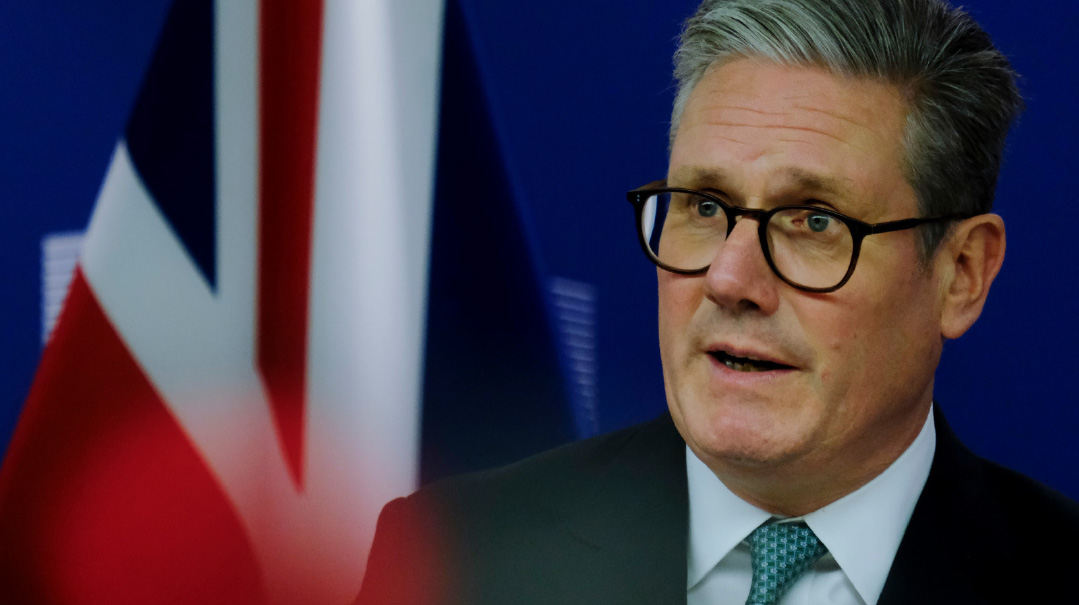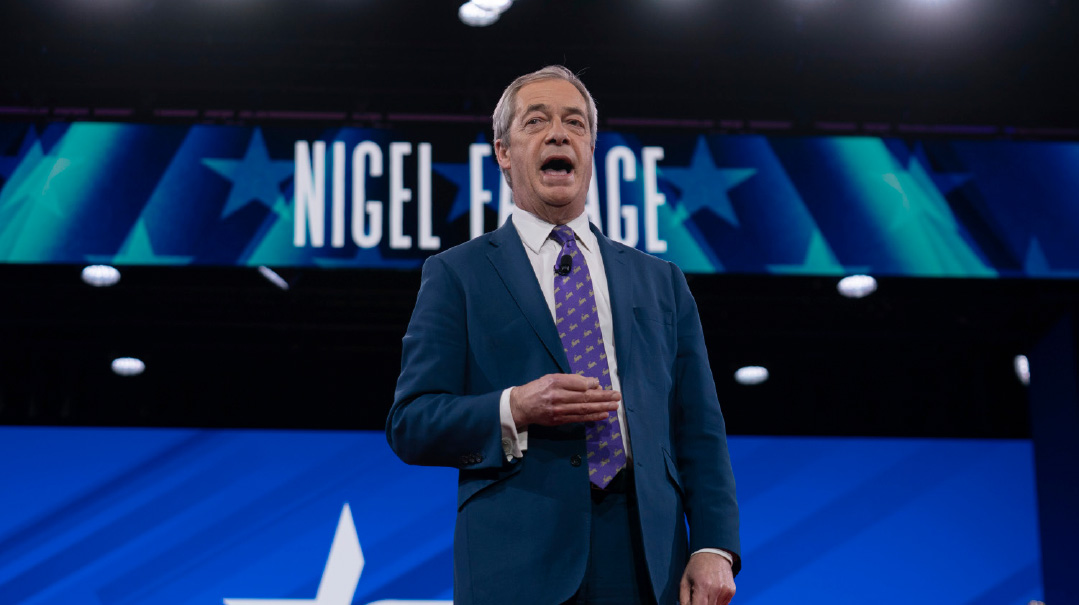The British Are Coming

After seventy years of cold shoulder, Britain’s royals on the way to Israel

I
n an era in which Britain seems to have lost its place on the world stage, there is one thing that enables it to punch above its weight. The royal family has almost unrivaled star power, with more than a billion people worldwide tuning in to follow major events such as royal weddings.
That is what gave an international dimension to the news that Prince William, second in line to the throne, will visit Israel. Kensington Palace announced the visit via Twitter, saying “the Duke of Cambridge will visit Israel, Jordan and the Occupied Palestinian Territories in the summer.” Reflecting the fact that royal visits are an arm of British foreign policy, the statement continued that the visit “is at the request of Her Majesty’s Government and has been welcomed by the Israeli, Jordanian, and Palestinian authorities.”
The surprise announcement overturns a de facto policy that no state visit would be made until the resolution of the Israeli-Palestinian conflict. Although Prince Charles attended the funerals of Yitzchak Rabin in 1995 and Shimon Peres in 2016, no official visit has been made since the end of the British Mandate in 1948.
Given this history, the most interesting aspect of the announcement is the question: What’s changed?
Dr Jonathan Rynhold, deputy head of the department of political studies at Bar-Ilan University, told Mishpacha that two major realignments explain the shift in British policy on Israel. “It’s easier now for the royal family to visit because of changes in the Middle East. The peace process with the Palestinians is now less important to Arab countries than confronting Islamist radicalism — both ISIS and Iran. Seeing that Arab countries have made moves towards Israel, Britain feels that it can do so as well.”
The second element, Dr Rynhold adds, is Britain’s uneasiness over the pending Brexit, which threatens to isolate it politically and economically. That is forcing the UK, hungry for a new trade deal with the US, to remain on America’s good side. “This is a traditional aim of UK foreign policy, which Brexit has made all the more important, and the US embassy decision has influenced British policy on this as well.”
(Excerpted from Mishpacha, Issue 701)
Oops! We could not locate your form.













